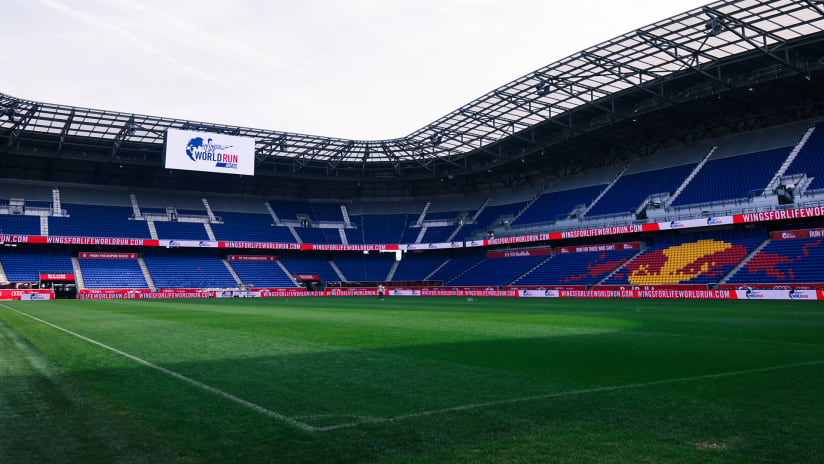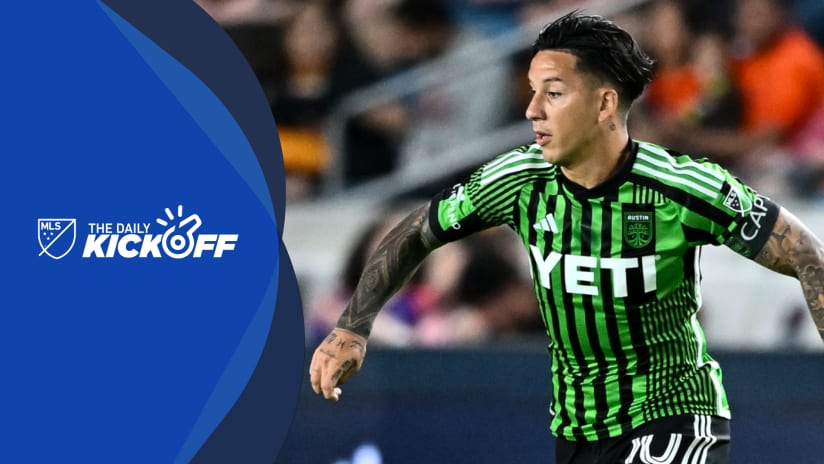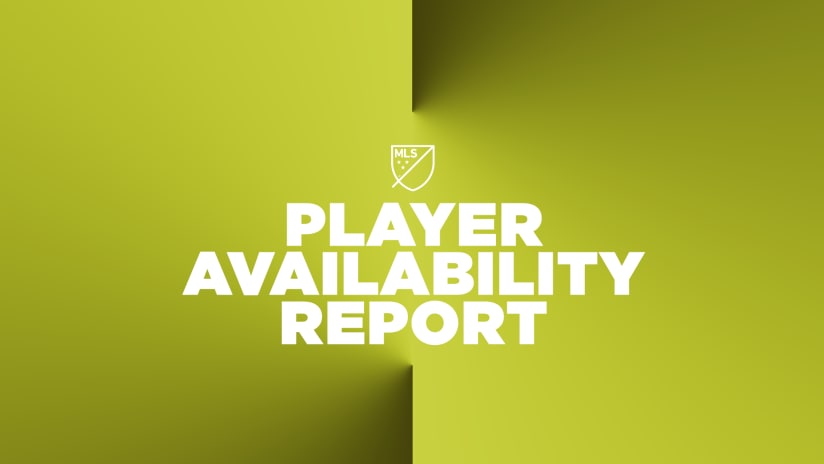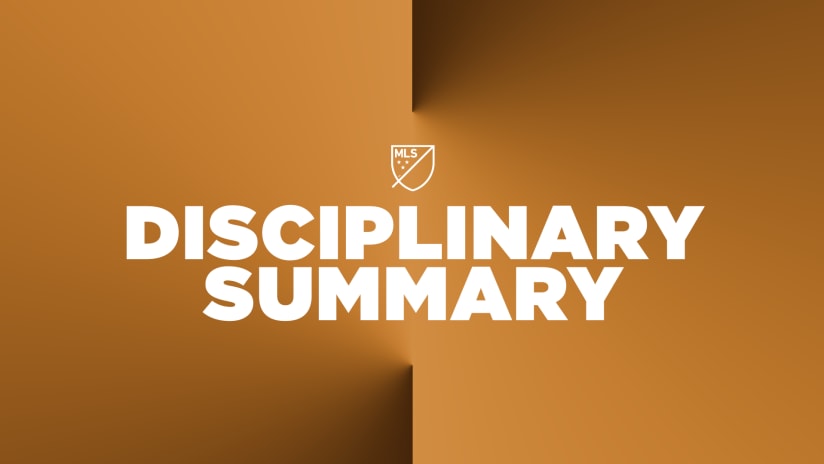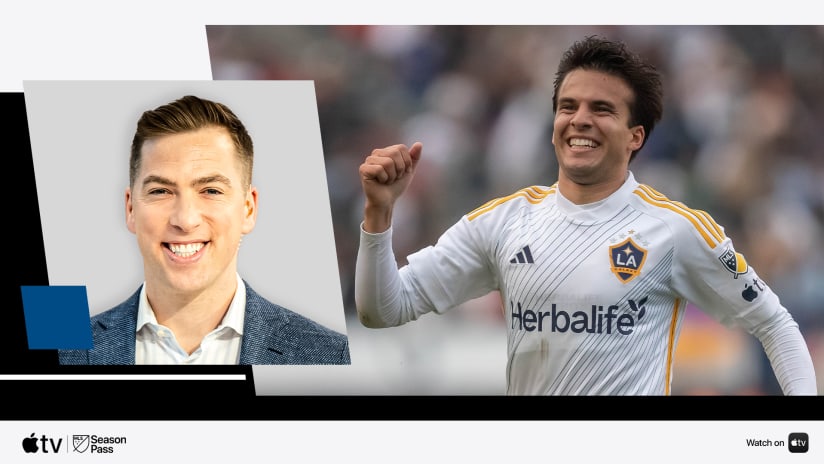The last time Major League Soccer expanded, both the Chicago Fire and the Miami Fusion made the playoffs, with Bob Bradley's club ultimately winning MLS Cup.
Quite lofty expectations for Real Salt Lake and Club Deportivo Chivas USA to live up to in 2005, right?
"That's simply not going to happen again," said one Eastern Conference general manager. "What Bob did by getting (Peter) Nowak to come over here just wasn't going to happen again."
That doesn't mean that both of the new clubs haven't tried to replicate such a signing. In Utah, fans are hoping that Clint Mathis can recapture the scoring touch that made him one of the league's most lethal scorers for the MetroStars from 1999-2003. In Los Angeles, the Chivas USA faithful are relying on one of the former Mexican League stars to make such an impact.
Unfortunately for both sides, the league has changed since 1998, making the chances for them to have very successful seasons in this first year quite a challenge. Among the obstacles:
1. The Expansion Draft. The 10 teams around the league in 2004 were collectively a lot more prepared to work the system to their advantage than the 10 clubs were in 1997. When RSL and Chivas USA stepped up to the plate for the Expansion Draft last November, they had a lot more salary-cap decisions to make based on the players available than Chicago or Miami did when selecting in 1997. There wasn't nearly as many young, talented players left out there unexposed.
Chicago was able to get a 25-year-old Diego Gutierrez, a 24-year-old Zach Thornton, and a 23-year-old Kevin Hartman, who along with Danny Pena ultimately led to Chris Armas joining the side before that first season ever began. Meanwhile, Miami was able to nab a 20-year-old Ramiro Corrales.
While both sides got some quality players this past fall, there doesn't seem to be too many gems lurking out there.
2. Parity. RSL and Chivas USA enter a league in which any one team can beat the champion on any weekend. The difference between top and bottom in 2004 was not nearly the way it was back in 1997 and 1998. There won't be any New Englands, Kansas Citys or Tampa Bays from 1998 to feast on. For example, seven of Chicago's 20 wins that season came from beating those bottom three sides. And Miami got three of its 15 victories from their four matches with New England.
Now that the rosters are set and the season starts this weekend, the best bet for both sides to accumulate points appears to be when they face each other. And that certainly wasn't the case for Miami and Chicago in '98.
3. Lack of major allocations. Chicago, alone, was able to sign Nowak, Lubos Kubik, Roman Kosecki and Jerzy Podbrozny as allocations. All this quartet of Eastern Europeans was able to do in '98 was account for 28 goals and 43 assists.
Real Salt Lake did a better job by getting Clint Mathis and Eddie Pope with two of their allocations, but they'll still be behind the 8-ball as far as depth and talent this first season. As for Chivas USA, they certainly did not acquire a Carlos Valderrama like Miami was able to do going into their first season, and their entire team probably won't match the numbers that the Chicago allocations, alone, put up in '98.
On the bright side, both franchises were put into the Western Conference, which is the weaker of the two, especially now that last year's conference champ and MLS Cup finalist, the Kansas City Wizards, is in the East. Fourth place, and an all-important playoff berth, won't be too far off for one of these clubs. At the moment, that appears to be Real Salt Lake, which stocked their team with several more known entities and MLS veterans than Chivas USA did.
But as was the case in '98, the key could lie in the players that people are not mentioning right now. Did anyone really expect to see Ante Razov lead Chicago in scoring with 10 goals and nine assists after being signed as a discovery player on the eve of the franchises first regular season match? Did anyone expect to see 24-year-old Jeff Cassar win 12 games as the team's starting goalkeeper after only seeing a grand total of 104 minutes of action as a rookie with Dallas in 1996 and after missing the entire '97 season with a torn MCL in his left elbow?
Richie Kotschau and Jesse Marsch were pleasant surprises for Chicago in '98. The same goes for a young, relatively unknown rookie named Pablo Mastroeni, who played in 23 matches for Miami that first season.
Who will be those players for Chivas USA? Isaac Romo, the good-looking young striker from the "big club" in Guadalajara, could be this year's Razov. And who is to say that bright goalkeeping prospect Brad Guzan won't keep his side in more games than not.
The same goes for RSL. Maybe Mathis and Jason Kreis do combine for the 20 goals people would have expected them to account for only going about two years ago. And maybe the Andy Williams we see looks more like the creative force that was seen during the first half of last the season than the one that looked fairly ordinary during the second half of the '04 campaign when he was juggling his duties with the Jamaican national team.
There are a lot of questions. There always is with expansion teams, no matter what sport you're talking about.
For Real Salt Lake and Chivas USA, all they can hope for is to fall somewhere along the spectrum between the pie-in-the-sky, fairytale-like season that the Chicago Fire had in their run to the MLS Cup in 1998 and the lowest-of-the-low as far as expansion franchises go and resemble the 0-14 Tampa Bay Buccaneers from 1976.
It's not easy that first year. As the late Al McGuire used to say: "The best thing about freshmen is that they become sophomores."
The same goes for expansion franchises.
Marc Connolly writes for ESPN.com and several other publications. This column runs each Wednesday on MLSnet.com and Marc can be reached at marc@oakwoodsoccer.com. This story was not subject to the approval of Major League Soccer or its clubs.


